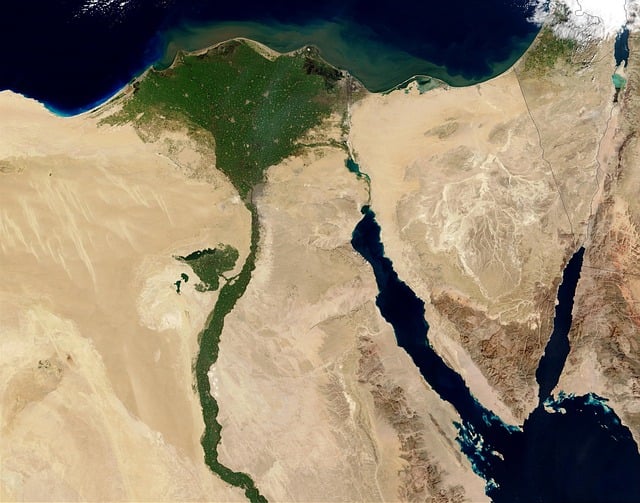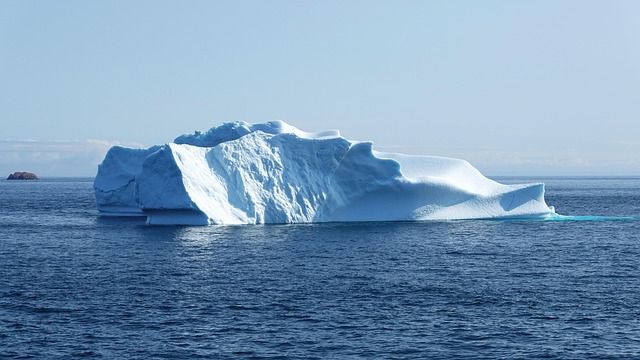Understanding the Melting Delta
The delta, a majestic geographic wonder formed by the confluence of rivers and the oceans, serves as a cradle for diverse ecosystems and vibrant human communities. However, in recent years, the melting delta has become an alarming symbol of the broader implications of climate change, a silent yet powerful force reshaping our world. As the effects of climate change continue to manifest, understanding the impact on our deltas has never been more critical.
The Fragile Ecosystem
Deltas are dynamic environments, rich in biodiversity and essential for both wildlife and human populations. They act as natural filters, purifying water and providing habitat for countless species. Yet, as rising sea levels encroach upon these vital areas, the delicate balance they maintain is disrupted. Saltwater intrusion threatens freshwater supplies, further straining the ecosystems that rely on a careful equilibrium.
Human Communities at Risk
For generations, countless communities have thrived in these delta regions, relying on the land for agriculture, fishing, and transportation. However, as climate change accelerates the melting of glaciers and ice caps, the ramifications are felt downstream. Eroding shorelines and increased flooding pose serious risks, forcing people to abandon their homes, livelihoods, and cultural identities. The emotional toll on these communities is immense as they grapple with the uncertainty of their future.
The Economic Impact
The economic implications of a melting delta are equally profound. The industries that depend on these ecosystems, such as fisheries and agriculture, face existential threats. As fish populations decline and arable land becomes submerged or salinized, food security becomes a pressing issue. This cascading effect can lead to increased prices and economic instability, impacting even those far removed from the delta itself.
A Call to Action
As we confront the realities of climate change and the melting delta, it becomes clear that immediate action is necessary. Policymakers, scientists, and communities must collaborate to implement adaptive measures and preserve these crucial environments. Conservation efforts, sustainable practices, and innovative solutions can help mitigate the impacts and protect the delicate balance of the delta ecosystems.
Awareness and education are also pivotal in the fight against climate change. By understanding the significance of deltas and their vulnerability to impending changes, we can foster a deeper connection to the environment and a commitment to protecting it. Every action counts; together, we can advocate for a sustainable future, ensuring that deltas continue to thrive for generations to come.




